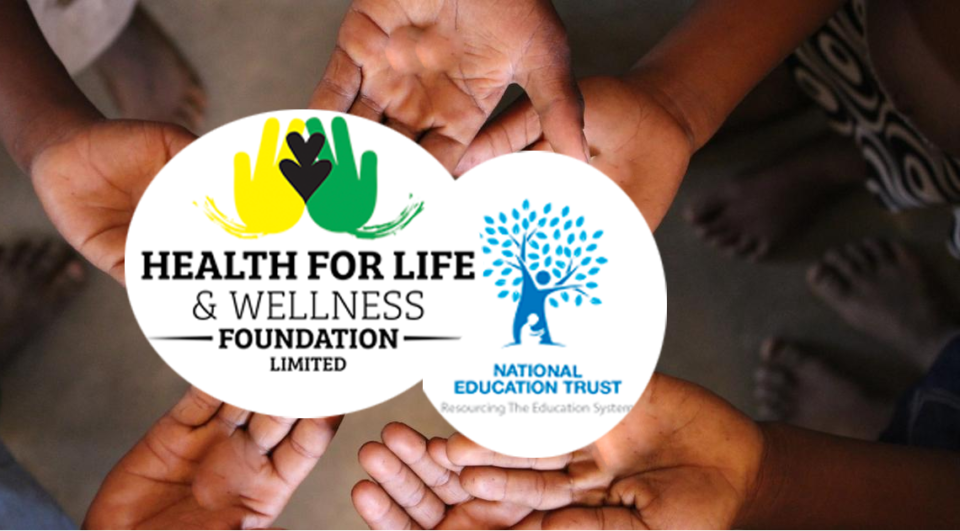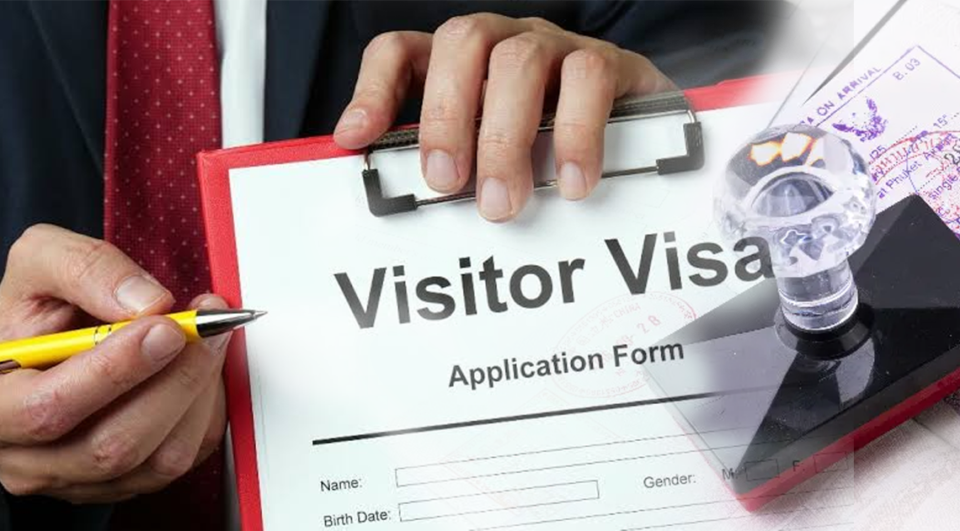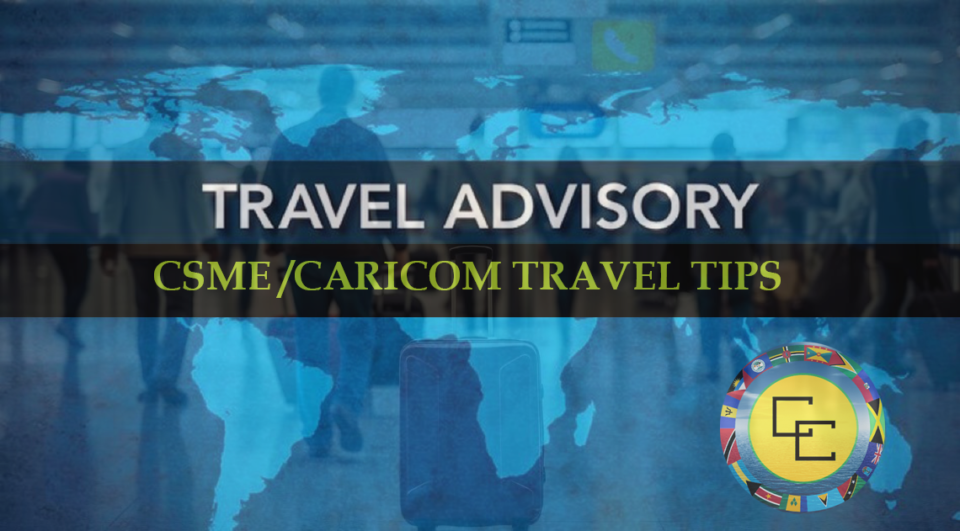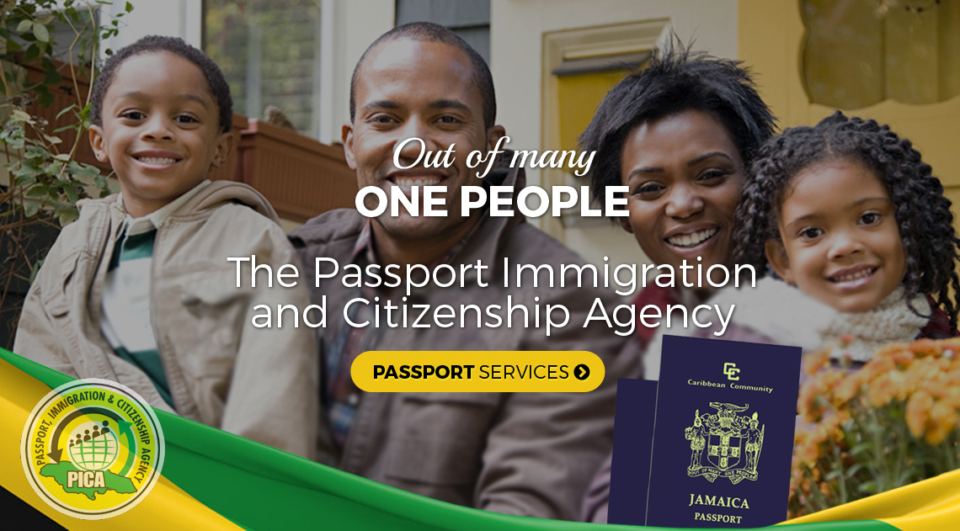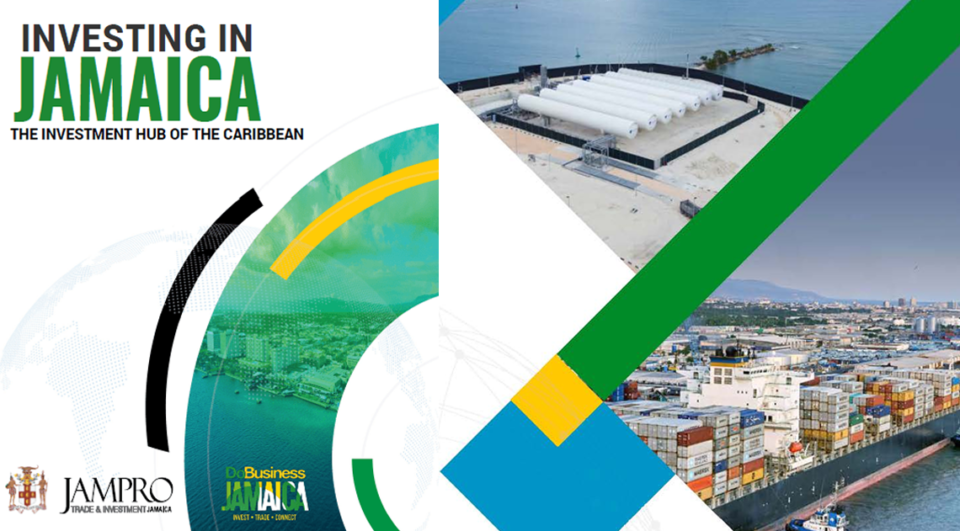[et_pb_section admin_label=”section”][et_pb_row admin_label=”row”][et_pb_column type=”2_3″][et_pb_text admin_label=”Text” background_layout=”light” text_orientation=”left” use_border_color=”off” border_color=”#ffffff” border_style=”solid”]
Trade In Services
Trade in services makes a tremendous contribution to Jamaica’s economy and has become an important area of focus in bilateral, regional and international trade. Over the past three decades, Jamaica has become heavily dependent on tourism and remittances, which together account for approximately 55% of its gross domestic product (GDP) as of 2012.
What is the Trade in Services?
Trade in service is work done (e.g. a gardener or landscape designer) or a facility (e.g. bill payment agency) provided to an individual, a company or the general public. It is also a technical (e.g. an electrician) or professional (e.g. a doctor) skill, which is offered for sale to the public. Services provided by utility companies (e.g. electricity, water), telecommunication companies (e.g. telephone, internet), lawyers, nurses, architects, painters, plumbers, banks, money transfer agencies, domestic helpers, musicians, cooks, actors, accountants and a host of others are bought and sold. In the area of tourism, visitors travel to Jamaica to consume the services provided in the hotels, at the attractions and in the restaurants. Tourism is a service industry and Jamaica is exporting its services. Therefore, the trade in services refers to the sale and delivery of an “intangible product”, called a service, between a service provider and a consumer. Thus, there is trade in services at the domestic, regional and international levels. Itdunns-river-falls is usually considered the “invisible” or “intangible” trade and is essential to a knowledge based economy.
The Trade in Services, within the ambit of the WTO, is covered by the General Agreement on Trade in Services (GATS). There are only four (4) modes of supplying services, and these are:
- Cross Border Supply – e.g., a Jamaican consultant or lawyer providing advice to a client overseas by mail, phone or over the internet
- Consumption Abroad – e.g., a Jamaican student studying at a university overseas or an overseas visitor coming to Jamaica for a vacation
- Commercial Presence – e.g., a Jamaican financial institution establishing a branch overseas or a foreign engineering firm establishing a branch or subsidiary in Jamaica
- Movement of Natural Persons – e.g., a Jamaican accountant receiving a contract to work overseas on a temporary basis.
The GATS Agreement provides the framework rules and principles for the liberalization of the trade in services. The negotiations are on-going on a number of issues which fall within the ambit of the built-in-agenda, contained in Article 19 of the Agreement, requiring the development of regimes for subsidies and emergency safeguards measures, GATS Rules and domestic regulation. This built-in-agenda obliged WTO Member States to enter into another round of negotiations 5 years after the entry into force of the GATS Agreement, with a view to achieving a progressively higher level of liberalization over time. To this end, these negotiations were launched in February 2000 in accordance with that mandate. Since then, WTO members have negotiated and adopted the guidelines and modalities for the negotiations. A work programme has also been adopted to continue negotiations on the various issues, as well as to discuss proposals submitted by WTO Members in relation to the work of the committees.
As the services sector remains one of increasing importance for Jamaica in terms of its contribution to employment and gross domestic product (GDP), Jamaica participated in the negotiations on services in the Uruguay Round and made commitments in a number of sectors, including transport and professional services. Jamaica also participated in the post-Uruguay Round negotiations on basic telecommunication and financial services which took place in 1997. Since then, Jamaica has ratified the Protocol on Basic Telecommunications as well as the Fifth Protocol on Financial Services, bringing greater certainty to the trade in services in these two areas, critical to national development.
The Ministry of Industry, Investment and Commerce (MIIC) has been designated Jamaica’s enquiry point under the GATS Agreement.
At the regional level, work on trade in services is being undertaken through the implementation of Chapter 3- Establishment, Services, Capital and Movement of Community Nationals of the Revised Treaty of Chaguaramas establishing the CARICOM Single Market and Economy (CSME). In addition, CARICOM is currently preparing a draft model bill as well as developing a number of professional services categories in order to streamline the treatment of services professionals within the Region.
[/et_pb_text][/et_pb_column][et_pb_column type=”1_3″][et_pb_sidebar admin_label=”Sidebar” orientation=”right” area=”sidebar-1″ background_layout=”light” remove_border=”off”] [/et_pb_sidebar][/et_pb_column][/et_pb_row][/et_pb_section]

